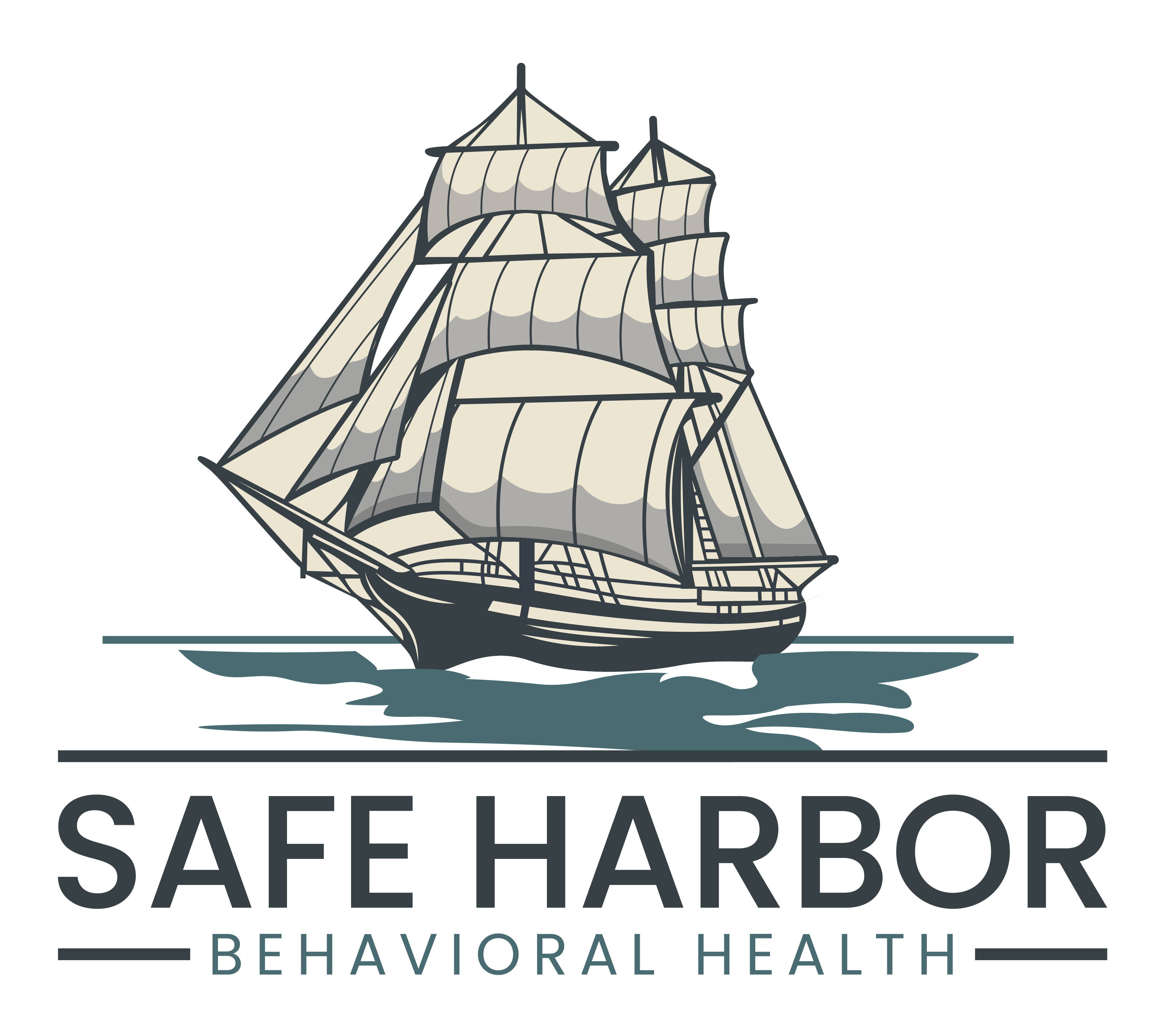We live in an era where information is constant and overwhelming. Every scroll, swipe, or flick of the remote brings a flood of stories about disasters, violence, political turmoil, and global crises. While staying informed is vital, relentless exposure to negative news can take a serious toll on your mental health. It’s easy to become overwhelmed, anxious, or even depressed—often without realizing it.
So how can you remain informed without being consumed? Here are practical strategies to help you stay engaged without compromising your well-being.
Why Bad News Impacts Us So Deeply
Our brains are evolutionarily wired to spot danger. This survival instinct, once essential for avoiding predators, now gets triggered by a barrage of alarming headlines. Each piece of bad news activates our fight-or-flight response, flooding our system with stress hormones like cortisol. Over time, this leads to chronic stress, anxiety, and potentially depression.
When the negativity feels endless, it can also cause “learned helplessness”—a sense that nothing you do can make a difference. This emotional numbness is a breeding ground for mental health struggles.
Warning Signs That the News is Taking a Toll
Before learning to manage media overload, it’s important to spot the signs that it’s affecting you:
- Ongoing feelings of hopelessness or helplessness
- Anger or irritability after reading or watching the news
- Difficulty sleeping or concentrating
- Withdrawal from hobbies or social interactions
- Dread or anxiety about the future
If any of these symptoms resonate with you, it’s time to make a change.
8 Strategies to Cope With Negative News

1. Set Healthy Media Boundaries
Just like with relationships, boundaries are essential with the media.
- Limit access: Choose specific times to check the news—perhaps morning and evening only.
- Use timers: Cap your news intake to 20 minutes at a time.
- Silence notifications: Disable push alerts to avoid constant emotional disruptions.
Think of media like sugar: fine in moderation, harmful in excess.
2. Choose Thoughtfully Curated Sources
Not all media outlets have your well-being in mind.
- Stick to credible journalism: Look for reputable sources with a history of fact-based reporting.
- Avoid clickbait: Sensational headlines are designed to provoke—not inform.
- Favor balanced perspectives: Choose outlets that present multiple sides to a story.
Curate your news like you would a healthy diet—intentionally and wisely.
3. Be Mindful While Consuming News
Mindfulness isn’t just for meditation—it can be applied to media habits.
- Notice your reactions: Pause when reading headlines. Are you tense, anxious, or angry?
- Breathe deeply: Reset your body’s stress response.
- Ask yourself: Is this helping me act constructively, or just making me feel worse?
Being mindful gives you the power to decide what you absorb and how.
4. Counterbalance the Negative
The world is not only full of problems—there’s beauty and resilience too.
- Follow positive news outlets: Seek stories about kindness, progress, and recovery.
- Celebrate wins: Pay attention to personal or community achievements.
- Remember: Humanity has overcome countless challenges—we can again.
Your focus is like sunlight—whatever you shine it on will grow.
5. Take Purposeful Action
Helplessness breeds despair, but action restores control.
- Volunteer: Helping others can renew your sense of purpose.
- Support causes: Small donations or simple advocacy go a long way.
- Get involved: Raise awareness or write to your representatives.
Turning empathy into action transforms stress into strength.
6. Make Self-Care a Priority
You can’t pour from an empty cup. Self-care is not indulgence—it’s a necessity.
- Stay active: Exercise releases endorphins and boosts mood.
- Connect socially: Spend time with loved ones or speak to a therapist.
- Pursue joy: Rediscover hobbies or try new creative outlets.
- Get good sleep: Your brain needs rest to remain resilient.
View yourself as a battery—recharging is essential for everything else to function.
7. Practice Daily Gratitude
Amid turmoil, there’s always something worth appreciating.
- Write it down: List three things you’re grateful for each day.
- Reflect on progress: Remind yourself of how far you’ve come.
- Notice the little things: A warm cup of coffee, a kind gesture, a moment of peace.
Gratitude doesn’t ignore pain—it balances it with perspective.
8. Reach Out for Support
When the burden is too heavy, asking for help is the bravest thing you can do.
- Talk to a therapist: Get tools to manage anxiety, depression, and overwhelm.
- Consider treatment: Medication or counseling can offer crucial relief.
- Join a support group: Sharing with others can be incredibly healing.
Strength isn’t about doing it alone—it’s about knowing when not to.
Learn Coping Skills for Negative News in Gloucester, MA
In a world where negativity seems constant, prioritizing your mental health is not a luxury—it’s a responsibility. You’re not meant to carry the weight of the world alone. By creating boundaries, focusing on the good, acting with intention, and seeking support, you can remain informed while staying grounded.
You don’t need to shut the world out—you just need to stand strong within it.
If you or someone close to you is battling addiction, Safe Harbor Behavioral Health offers compassionate, effective support.
Reach out to us anytime at (888) 617-3070 or info@safeharborbh.com. You’re also welcome to visit us in person, 24/7, at 11-15 Parker St, Gloucester, MA 01930.
Start your path to recovery and peace of mind today.

